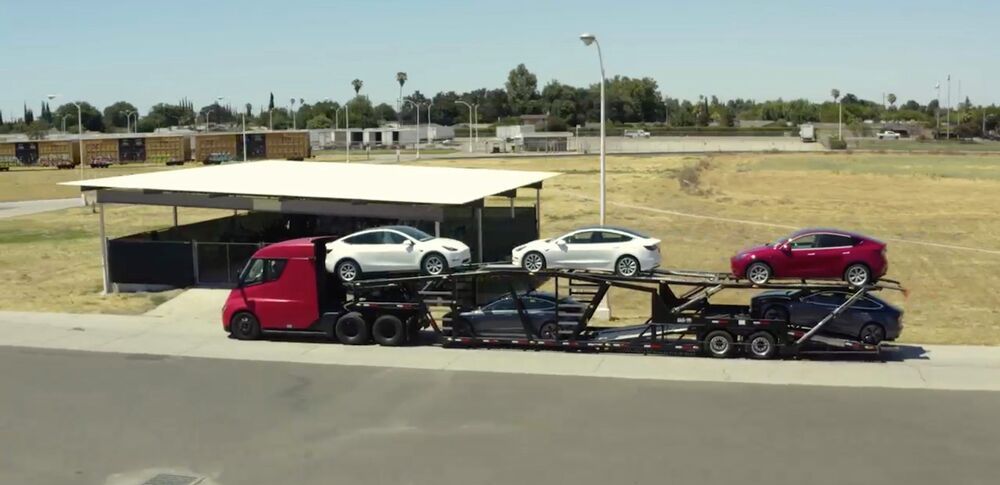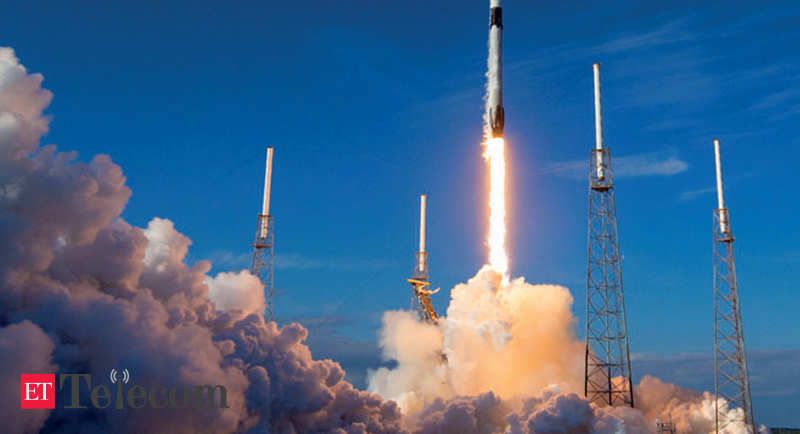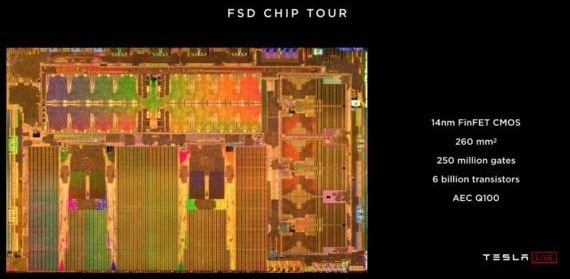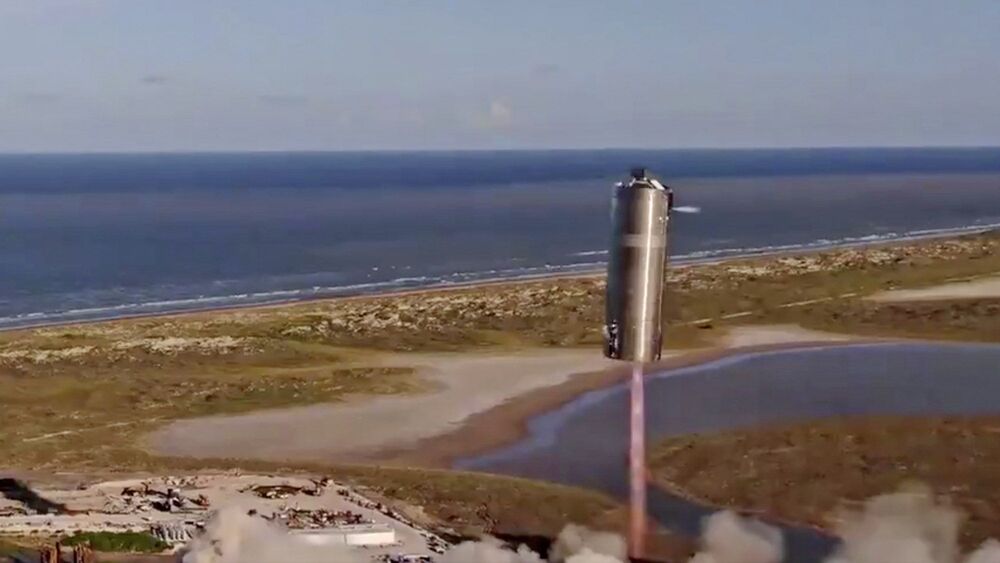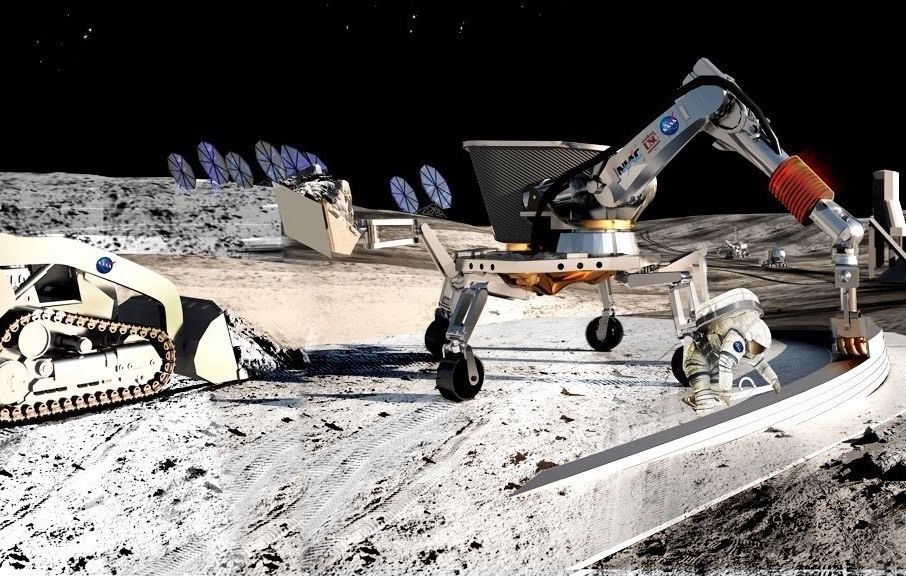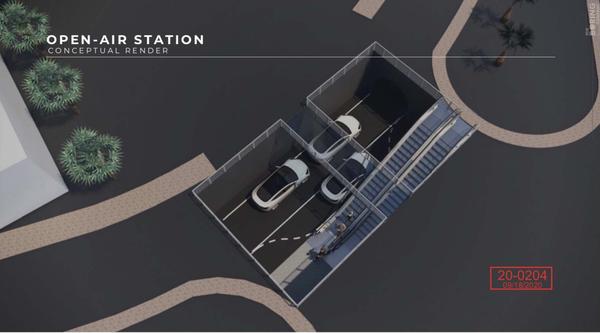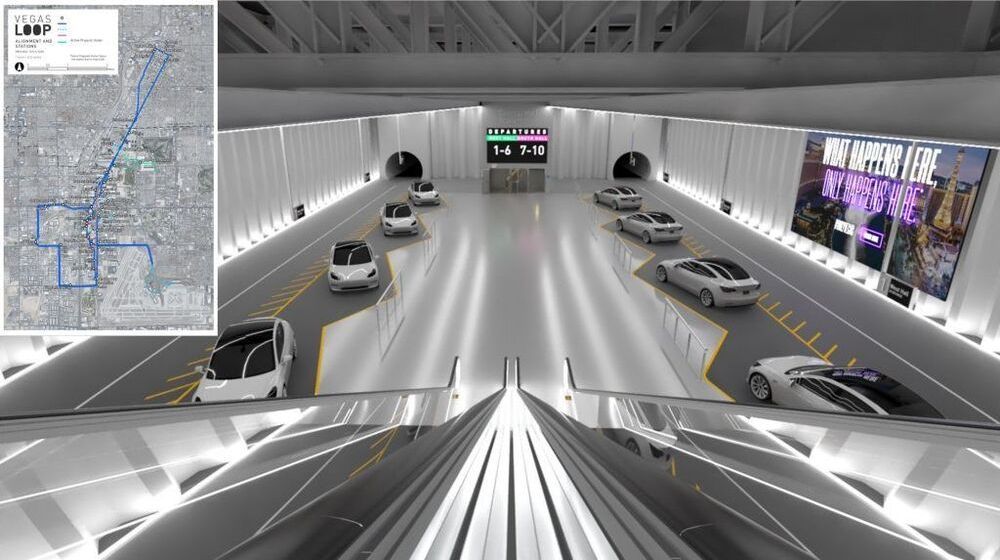Elon Musk made new comments about the Tesla Semi program, Tesla’s upcoming electric semi truck, and said that the vehicle will eventually have up to 1,000 km (621 miles) of range.
This new range is going to be achieved, thanks to Tesla’s new in-house battery cells and battery pack technology.
When launching Tesla Semi in 2017, the automaker said that the production versions of Tesla Semi, which is a class 8 truck with a 80,000-lb capacity, will have 300-mile and 500-mile range options for $150,000 and $180,000, respectively.
